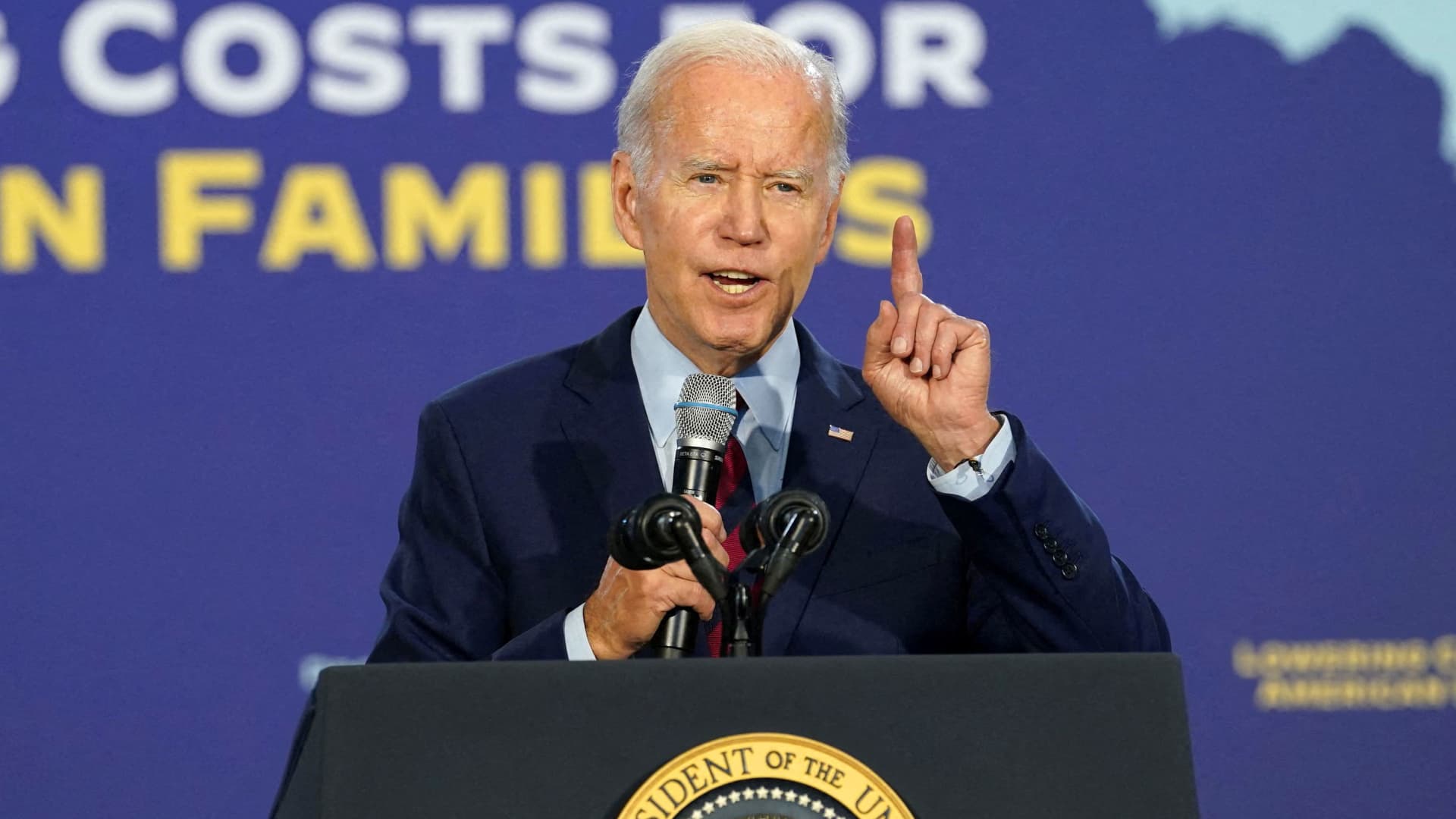The Biden administration on Thursday asserted its authority to seize the patents of certain costly medications in a new push to slash high drug prices and promote more pharmaceutical competition.
The administration unveiled a framework outlining the factors federal agencies should consider in deciding whether to use a controversial policy, known as march-in rights, to break the patents of drugs that were developed with federal funds but are not widely accessible to the public. For the first time, officials can now factor in a medication’s price — a change that could have big implications for drugmakers depending on how the government uses the powers.
“When drug companies won’t sell taxpayer-funded drugs at reasonable prices, we will be prepared to allow other companies to provide those drugs for less,” White House National Economic Advisor Lael Brainard said during a call with reporters Wednesday.



I’ve often thought that this is a perfect situation in which to invoke Eminent Domain.
If the government can decide what my home is worth, and force me to sell it at that price so that they can sell it to a developer to tear down and build something else to sell to someone else, then why can’t they decide what a patent is worth and force the patent holder to sell it at that price.
The patent holder should be compensated for whatever they paid to develop the technology. Obviously, if the patent is based on government funded research, then whatever the government already paid would be deducted from the value of the patent.
If they are doing their R&D documentation correctly, the US tax code already allows for tax credits up to certain limits. In a lot of cases, it covers nearly 100% of qualified R&D coats.
Counterpoint: They took government money, the public *already" owns those drugs (in part).
If a private investor had fronted half the money for the company, they’d own half the company. The government’s role here is angel investor, and it’s insane to let these companies buy out their partner at the initial investment price. It’s my opinion that if the US government is the majority owner of any given medication, it is in the best interest of the public that those medications be made available at cost.
deleted by creator